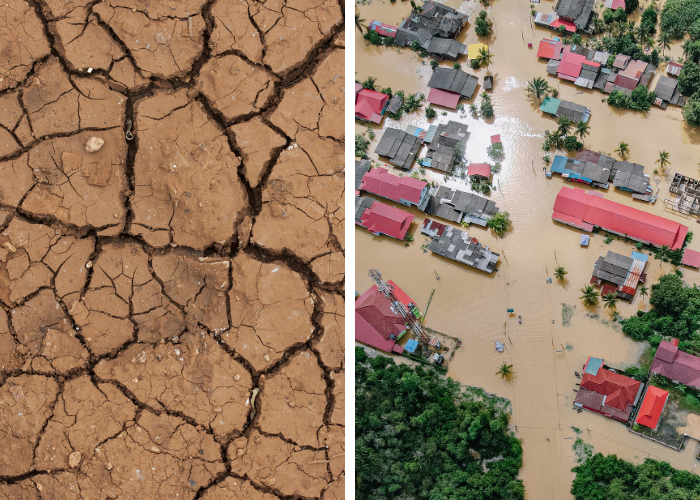Europe, Drought AlertBY ANTONIO PICASSO
- 3 September 2024
- Posted by: Competere
- Category: Senza categoria

Just a few days before the presentation of President-elect von der Leyen’s government program, 21 EU governments, including Italy, wrote a joint letter to the EU Commissioner for the Green Deal, Maros Sefcovic, and the Climate Commissioner, Wopke Hoekstra, to raise awareness about the water crisis affecting all of Europe.
Article published in Italian on Il Riformista >>>
Around 20% of European territory and 30% of its population are experiencing water scarcity. This issue is not confined to the heart of Sicily or Andalusia in Spain, regions already suffering from advanced desertification. The fact that the signatories include the environment ministers of Germany, Lithuania, and the Netherlands indicates that this is a continent-wide phenomenon.
Agriculture highlights this shift, with crops changing as a result. Belgium and Germany, along with England, have resumed wine production—producing quality wine, too. This is due to milder temperatures in these regions. Meanwhile, exotic fruits like mango, papaya, and guava are beginning to thrive along the Mediterranean coasts.
Industry also underscores the need for more water, both for cooling systems in industrial plants and for large air conditioning units that make workplaces habitable.
DROUGHTS AND FLOODS: A HEAVY PRICE FOR THE EU
It’s also important to remember the drought two years ago and last year’s floods—extreme weather events that confirm the undeniable reality of climate change. Whether this change is partly or entirely human-induced is another matter. Nonetheless, the EU must take action, if only to address the economic costs.
According to the letter from the environment ministers, drought alone costs the European economy 9 billion euros annually in terms of lost biodiversity and damaged crops. This figure could soar to 65 billion euros annually by the end of the century. The document also references the devastation caused by floods between 2016 and 2021, which cost the economies of affected countries at least another 14 billion euros. This calculation excludes the 9 billion euros in damages caused by the flooding in Romagna in May 2023, not to mention the loss of lives.
EU GOVERNMENTS CALL FOR IMMEDIATE ACTION
This brings us to a paradox: national governments, many of which have criticized Ursula von der Leyen‘s intention to continue with the Green Deal into her second term, are now calling for Brussels’ intervention on an issue that the Green Deal is specifically designed to address. The appeal calls for concrete measures: protecting ecosystems, reducing waste—much of which results from unproductive agricultural practices—optimizing resources, deploying new technologies to increase seawater conversion into drinking water, and securing substantial funding.
